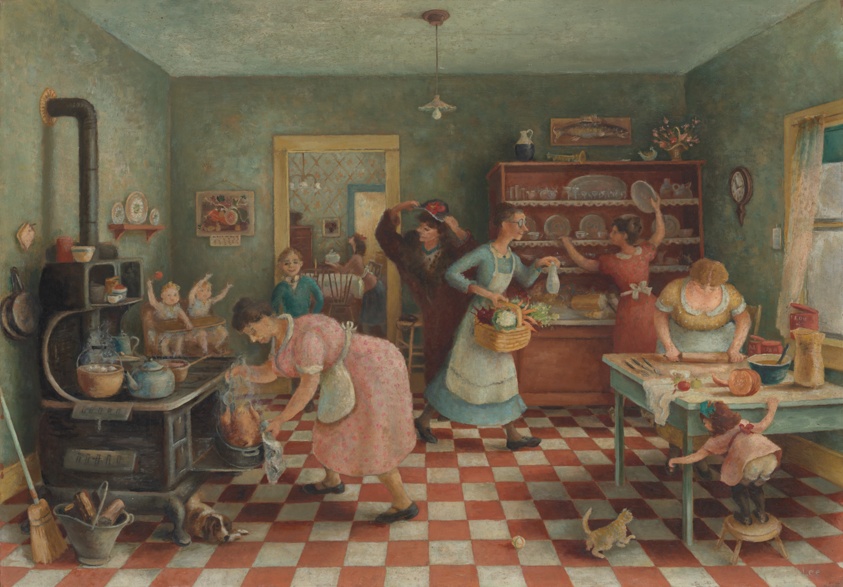
As we grow older, Thanksgiving takes on a deeper kind of meaning. Alongside the traditional turkey dinner, uncooperative gravy, and football, Thanksgiving also offers something more profound. Now, for many of us, the holiday feels more reflective. It’s a gentle invitation to look back through the years—and be grateful for the people, moments, and lessons that have shaped who we are.
Being grateful later in life doesn’t mean overlooking the losses or changes that come with aging. It means discovering meaning despite these changes. Gratitude doesn’t erase challenges, but it reminds us that even in difficult seasons, there are steady anchors: a call from a lifelong friend, a grandchild’s laughter, the warmth of a familiar song, or simply the gift of waking up to another morning.
Research shows that gratitude can boost emotional and physical well-being—reducing stress, strengthening relationships, and even improving sleep. But beyond the science, there is something deeply human about saying “thank you” for what has endured– resilience, wisdom, and memories. Gratitude affirms that our stories matter, and that every chapter holds meaning.
This Thanksgiving, here are a few simple ways to bring gratitude into focus:
- Remember the people who shaped you. Share stories about parents, grandparents, teachers, or dear friends who left their mark. Keeping their memory alive enriches the holiday and helps younger generations understand where they come from.
- Write down your thanks. A brief note or journal entry makes gratitude feel more concrete. Even one sentence a day can brighten your outlook.
- Reach out. Call an old friend, neighbor, or family member you’ve been meaning to reconnect with. Gratitude often grows when it’s shared.
- Savor the small things. The smell of roasting turkey, the cold autumn air, a grandchild’s giggle—these small joys keep us rooted in the present.
If you find the holidays bittersweet, gratitude can also serve as a gentle form of healing. Instead of focusing on what’s missing, gratitude can shift your focus to what remains—the love that continues, the traditions we carry forward, and the new memories still waiting to be made.
As you take your seat this year—surrounded by family, friends, or cherished memories—remember that gratitude isn’t about having everything. It’s about recognizing the gift of enough. The laughter, the stories, the quiet moments of reflection—these are the treasures that outlast any feast.
This Thanksgiving, may gratitude be your centerpiece: simple, steady, and overflowing.

Jill Shuman is a retired writer and librarian from Reading. She is an active member of several local senior initiatives, including Reading Friends of Seniors 60Plus and AARP Fraud Watch Network.
